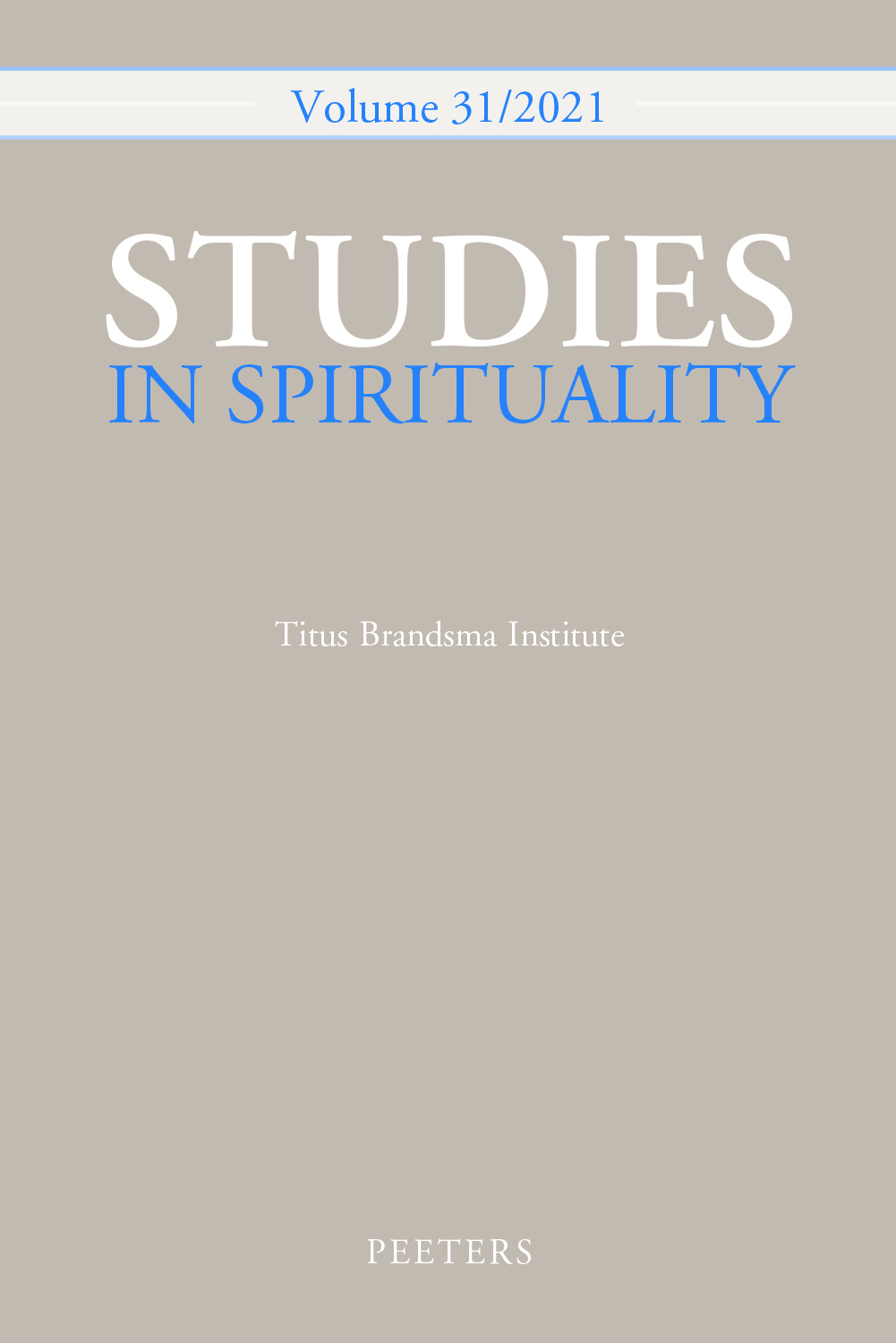 previous article in this issue previous article in this issue | next article in this issue  |

Preview first page |
Document Details : Title: Maximus and the Role of Humility in Ascesis Author(s): CHOI, Michael J. Journal: Studies in Spirituality Volume: 16 Date: 2006 Pages: 59-70 DOI: 10.2143/SIS.16.0.2017792 Abstract : As a spiritual guide to several monastic communities in the seventh century, Maximus the Confessor integrates and clarifies the complexities entailed in rehabilitating the spiritual person. He does this by identifying and tracing the trickling effect of the first three primordial evils that have ensued from the fall. They constitute at first the ignorance about God, which then gives birth to self-love, resulting finally in mistreatment of one’s neighbor. Spiritual progress, then, is seen as the sequential and correlative reverting of these three perversions. It begins from a grateful-humble, therefore a recognition of one’s vulnerable self before God. This means that the passion of self-love, namely the inordinate desire for pleasure, must always be in check by inner humility combined with other external disciplines and fervent prayer, before vainglory and tyrannical tendencies toward one’s neighbor take root. Once the passion of self-love is sublimated, the habitual disposition of gentleness prepares us to become receptive to the Holy Spirit’s gift of a deeper knowledge of God, which gift will then manifest through us as the power of love both for God and one’s neighbor. Humility is not only foundational, therefore, but centrally significant, for Maximus prescribes it not only at the first stage of the spiritual life, but insists that it is indispensable at every stage to the very end, lest all is at risk. |
|


